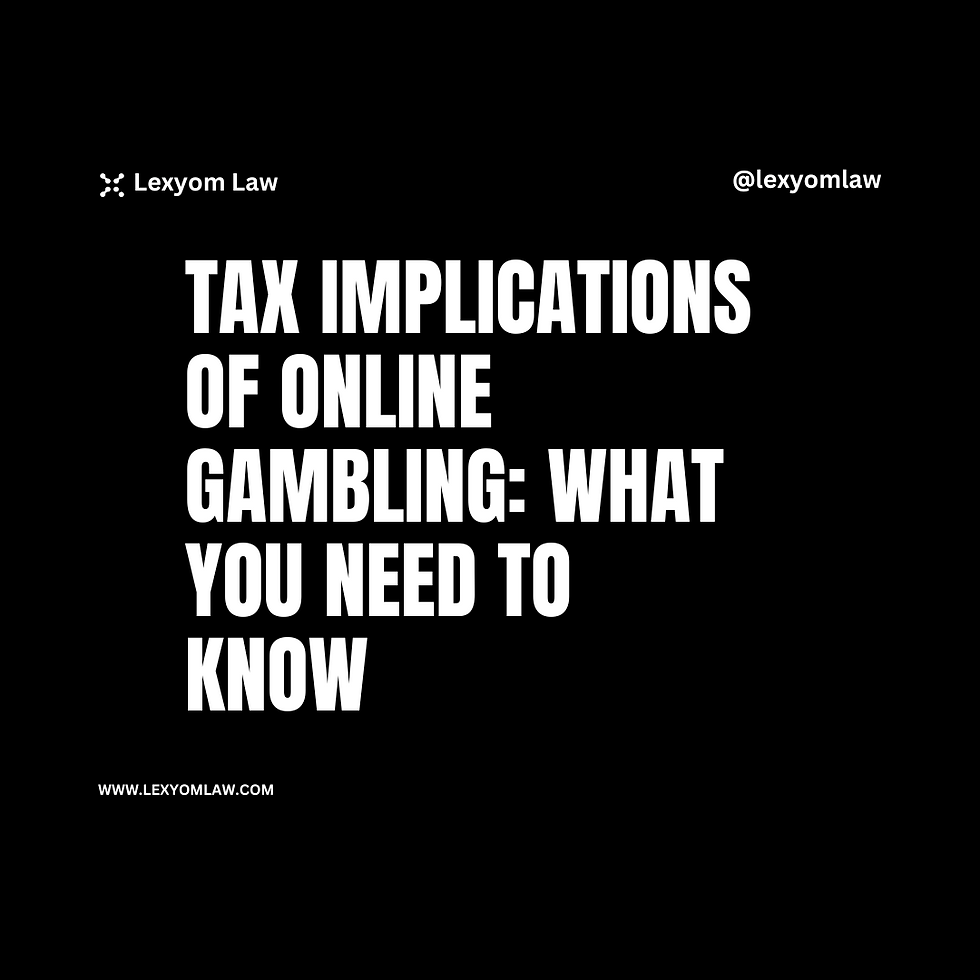DMCC Regulatory Framework for Commodities Trading: Legal Compliance
- Chloe Mattar
- Apr 30, 2024
- 2 min read
Updated: May 6, 2024
Introduction

Dubai Multi Commodities Centre (DMCC) is a leading free zone in Dubai, renowned for its
role in facilitating commodities trading and fostering economic growth. The DMCC regulatory framework establishes guidelines and standards to ensure legal compliance and maintain the integrity of commodities trading activities within its jurisdiction.
Importance of Legal Compliance
Compliance with DMCC regulations is essential for companies engaged in commodities trading to operate lawfully, protect investors' interests, and uphold market integrity. Understanding the regulatory framework is crucial for businesses to navigate legal requirements effectively and mitigate compliance risks.
Overview of DMCC Regulatory Framework for Commodities Trading
Regulatory Authorities
DMCC operates under the regulatory oversight of various authorities, including the Dubai Multi Commodities Centre Authority (DMCC Authority) and the Dubai Financial Services Authority (DFSA). These regulatory bodies oversee different aspects of commodities trading activities, including licensing, market surveillance, and investor protection.
Legal Framework
The DMCC regulatory framework comprises laws, regulations, and guidelines governing commodities trading activities within the free zone. Key regulatory aspects include licensing requirements, compliance obligations, market conduct rules, and dispute resolution mechanisms.
Licensing Requirements for Commodities Trading
DMCC License Categories
DMCC offers different types of licenses tailored to specific commodities trading activities, such as trading, brokerage, and storage. Companies must obtain the appropriate license(s) based on their business activities to operate legally within the free zone.
Application Process
The licensing process involves submitting an application to the DMCC Authority, providing necessary documentation, and fulfilling eligibility criteria. Applicants may undergo background checks, financial assessments, and compliance reviews as part of the licensing evaluation process.
Compliance Obligations for Commodities Trading Firms
Market Conduct Rules
DMCC imposes strict market conduct rules to promote fair and transparent trading practices among commodities trading firms. These rules govern areas such as price manipulation, insider trading, market abuse, and conflict of interest avoidance.
Reporting Requirements
Commodities trading firms operating in DMCC are required to adhere to reporting obligations, including regular submission of trading activity reports, financial statements, and compliance attestations. Compliance with reporting requirements enables regulatory authorities to monitor market activities and detect potential misconduct.
Investor Protection Measures
Investor Education
DMCC encourages investor education and awareness initiatives to empower market participants with knowledge about commodities trading risks, investment opportunities, and regulatory rights. Educational programs aim to enhance investor confidence and promote informed decision-making.
Dispute Resolution Mechanisms
In the event of disputes between market participants, DMCC provides dispute resolution mechanisms to facilitate fair and efficient resolution processes. Options for dispute resolution may include mediation, arbitration, or adjudication through specialized tribunals.
Conclusion
Navigating the DMCC regulatory framework for commodities trading requires a thorough understanding of licensing requirements, compliance obligations, and investor protection measures. By adhering to regulatory standards, companies can operate with confidence, maintain market integrity, and contribute to the growth and stability of the commodities trading ecosystem within DMCC.



Comments